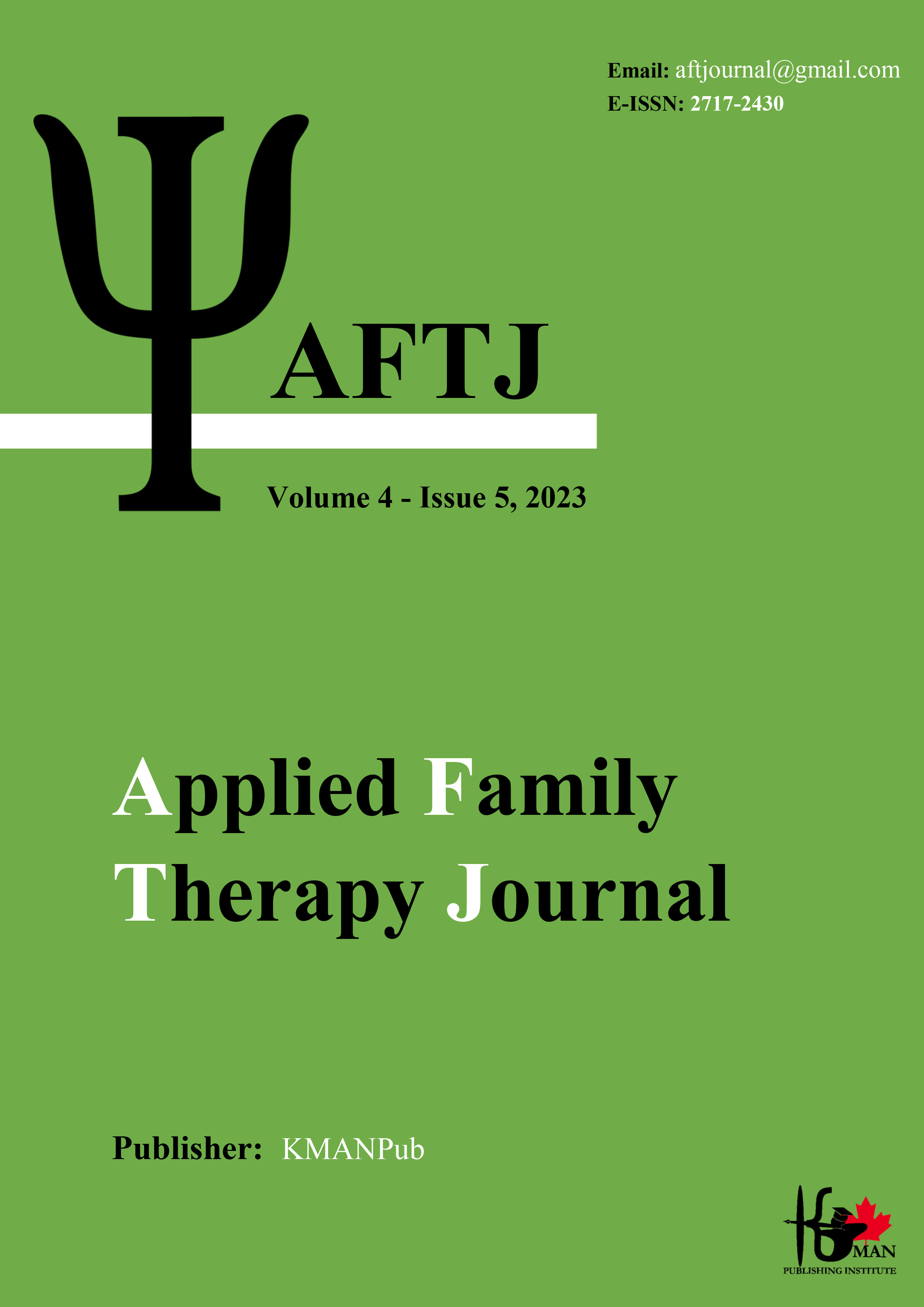Predicting post-traumatic growth based on spiritual and social well-being in women affected by extramarital relationships
Keywords:
Post-traumatic growth, spiritual well-being, social well-being, extramarital relationships, traumatized women Main SubjectsAbstract
Aim: The purpose of the present study was to predict post-traumatic growth based on spiritual and social well-being in women affected by extramarital relationships. Method: The current research method was descriptive-correlation type. The research population included all women who referred to Shahriar health assessment centers, of which 282 women who met the criteria for entering the research were selected by purposive sampling; Then they were evaluated by Tedeschi and Calhoun (1996) post-traumatic growth questionnaire, Palotzin and Ellison (1982) spiritual well-being questionnaire, and Keyes (1998) social well-being questionnaire. Pearson's correlation coefficient and regression analysis were used to analyze the data. Results: The results showed that spiritual well-being and social well-being significantly predict post-traumatic growth in women (p<0.01). The examination of the obtained multiple correlation square showed that spiritual well-being and social well-being explained 24.4% of the variance of post-traumatic growth in women affected by extramarital relationships. Also, spiritual well-being has a greater contribution in predicting post-traumatic growth of women affected by extramarital relationships. Conclusion: Therefore, it can be concluded that based on spiritual and social well-being, post-traumatic growth can be predicted in women affected by extramarital relationships.
Downloads
Downloads
Published
Issue
Section
License

This work is licensed under a Creative Commons Attribution-NonCommercial 4.0 International License.





















